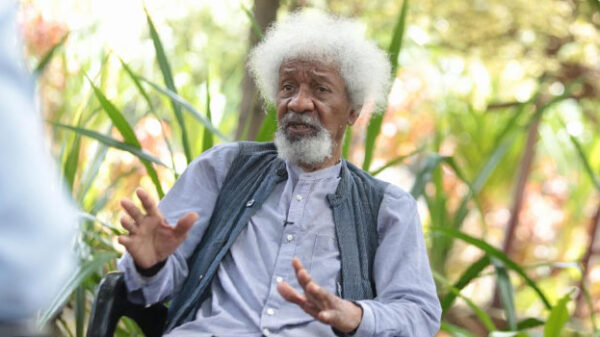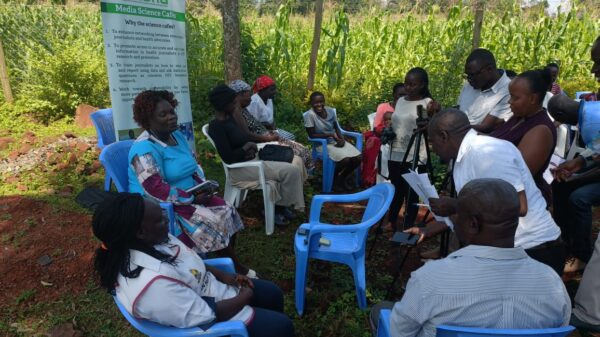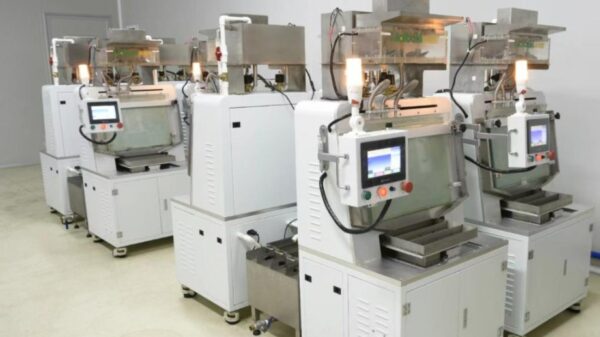NAIROBI, July 15 – A call for the immediate ban of khat (miraa) in Kenya by Deputy Speaker of the National Assembly Farah Maalim has sparked a row with legislators from Meru, where the stimulant is grown.
Igembe North Member of Parliament (MP) Ntoitha Mithiaru said Monday that claims by Maalim that miraa was affecting education standards in Eastern and North Eastern Provinces were untrue.
Speaking at a primary school in Central Imenti district over the weekend, the Deputy Speaker had stated that education standards were lower in miraa growing zones of Meru North than in neighbouring areas.
Maalim said he would mobilise MPs to table a Motion in Parliament seeking to ban miraa consumption in the country.
But speaking at Parliament buildings, Mithiaru said 80 percent of schools in miraa- growing areas had been built using proceeds from the stimulant drug.
He further stated that parents were able to meet school fees and other academic expenses for children through miraa sales and trade.
The Igembe North MP blamed the high school drop out rates in the area on understaffing in some schools.
"Some schools have less than 5 teachers despite having up to class eight and twelve streams," said the MP.
Mithairu vowed to fight any plan to introduce a ban on miraa.
He said; "Our position is very clear – an attempt to ban miraa will be met by stiff resistance."
He said such a move would create bad blood between the government and the Meru community who are the largest growers of miraa in the country.
Miraa belongs to the stimulant group of drugs and its young shoots have to be chewed while still fresh.
Stimulation associated with Miraa causes the user to exhibit aggressive behaviour, loss of sleep and false alertness, whose complexes coupled with lack of concentration may cause fatal accidents among matatu and long distance truck drivers.
There have been efforts to slap a ban on it in the past, but these have been ruled out by medical research negating its effects as harmful.
Reports released by the World Health Organization, the National Council for Science and Technology and scientists in Egypt and Britain, say the effects of miraa were too mild to warrant a ban.
Under World Trade Organisation rules, a country cannot ban a fresh produce without giving scientific proof of the harm it can do.
A miraa bush matures within six years of planting, after which the tree gives a weekly harvest during the rainy season.
It needs little, if any, spraying or fertiliser, making growing it one of the most profitable farm activities.
In the US, Sweden, Tanzania, Norway, Canada and Eritrea however, it has been outlawed for health concerns.










































